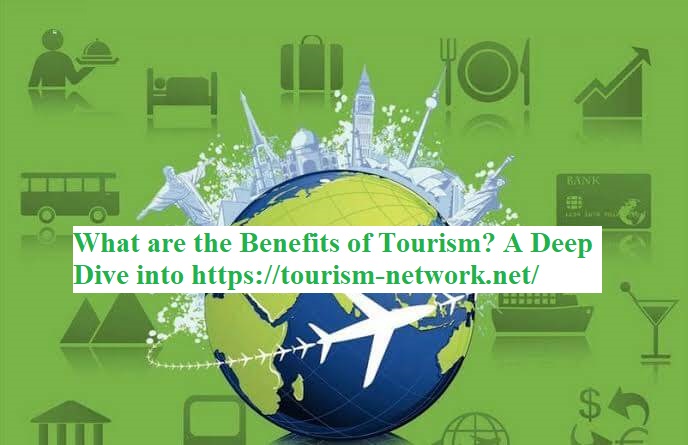Tourism plays a crucial role in the development of economies, cultures, and communities around the world. It not only helps nations thrive financially but also promotes cross-cultural understanding, environmental conservation, and overall global interconnectedness. In this article, we will explore the benefits of tourism and highlight how resources like Tourism Network contribute to the enhancement of the tourism industry.
What are the Benefits of Tourism? A Deep Dive into https://tourism-network.net/
